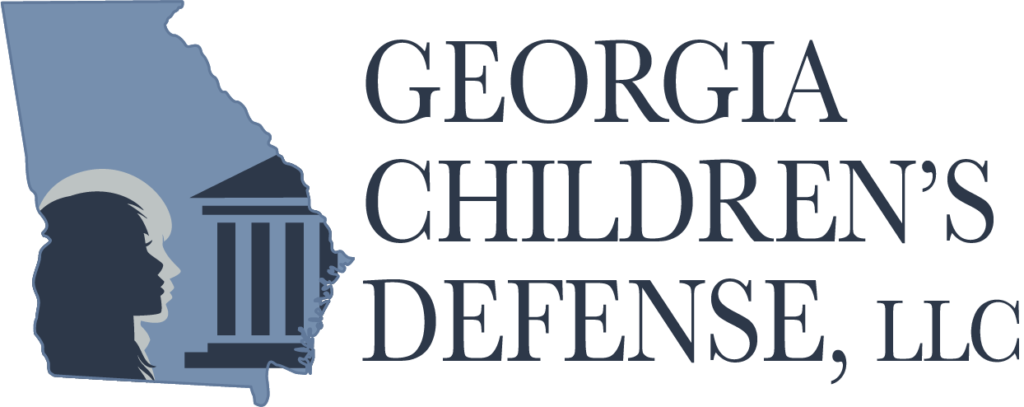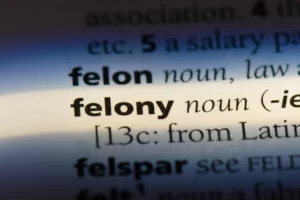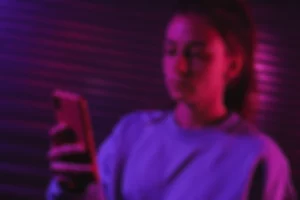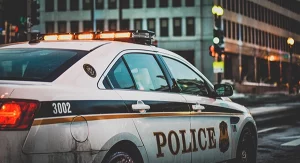The following interview of our Founder, Josh Lingsch, was conducted by Georgia Children’s Defense, LLC.’s staff. Josh is a juvenile defense expert with more than ten years of experience.
GCD: Josh, please tell us where and when you earned your law degree?
JL: I graduated from Georgia State University College of Law in May 2012.
GCD: Why did you decide to specialize in Youth Defense?
JL: I have always been able to relate to and get along really well with children. I worked as a camp counselor in between semesters at school and eventually was able to secure an internship with the DeKalb County Child Advocacy Center during law school. These experiences kicked off my professional career in youth defense. Seeing the way children were treated in this state ignited my passion for youth defense.
GCD: How long have you worked with children facing the Juvenile Court system?
JL: Since 2010. I served from 2010 to 2012 as an intern, from 2012 to 2016 as a law clerk for a juvenile court judge, and from 2016 to the present as a youth defender.
GCD: Why does a child that has been charged with a juvenile delinquency offense need a juvenile defense attorney rather than an experienced criminal defense attorney?
JL: That is a good question. Even though the juvenile court system is closely modeled after the adult system, there are many nuances that even an experienced criminal adult attorney would typically not be aware of. For example, criminal defense attorneys will be uninformed as to the potential outcomes a child could face and what those outcomes actually look like in the real world. This puts them at a disadvantage compared to a youth defense attorney when it comes to being able to mitigate the penalties that the court can impose. Through our single-minded focus on juvenile justice we have seen and dealt with a wide variety of cases and as a result are successful at achieving an optimal outcome for children that are facing juvenile court.
GCD: What are the main differences between the Juvenile Court system and the court system for adults?
JL: The main difference would be the timelines. Youth is a fleeting phenomenon – children do not stay children forever. Because of this, the juvenile court system places an emphasis on addressing accusations much faster than in the adult system.
GCD: What is your goal when you represent a child who is charged with a juvenile delinquency offense?
JL: My goals differ based on the stage that the case is in. First and foremost my goal is to do a thorough investigation of the case and then be able to provide every child the counsel they need to make an informed decision about the choices they have. That means breaking down the complicated juvenile court process into terms and explanations that they can understand. As their lawyer, it is my job to give them the tools they need in order to feel empowered to make the choice that they feel is the best one for them. If that is zealous advocacy in a trial, my goal is to present the best defense possible. If that is mitigation (or if a child is found to have committed a delinquent offense) my goal is for their lives to be as minimally interrupted by the juvenile court process as possible.
GCD: What do you see as the biggest challenge in achieving justice for children accused of a delinquency offense in Georgia?
JL: The biggest challenge facing children in the delinquency system is the system itself. Georgia’s system is modeled off of the adult system and has been enhanced statutorily to give juvenile courts broad discretion to detain children, both pre-trial and after they have been found to have committed a delinquent offense. Science has shown that the brain of a child is still developing well into their 20s, but this widely accepted fact is not reflected in the laws that govern how we treat children accused of committing a delinquent offense in the state of Georgia. For example, locking children up has shown to have very negative consequences on the development of children, but children are routinely detained pre-trial based on mere allegations. Placing children in this predicament not only harms them developmentally, but also influences how they respond to the allegations themselves. District attorneys routinely leverage incarceration against a child to get them to admit to an offense instead of going to trial, as a plea offer is dangled as the quickest route for the child to return home. The entire system has long been in need of an overhaul, but the pre-trial detention of children is probably the most pressing issue that should be remedied.
GCD: How has the Covid-19 pandemic impacted the Juvenile Court process?
JL: Covid-19 completely upended the entire system. Zoom hearings became the norm for a while and are still utilized by many jurisdictions throughout Georgia. Zoom hearings can be convenient and harmless for the more procedural-in-nature hearings that previously required parents to request entire days off work or cause children to miss school. However, “justice by Zoom” does not lend itself well to the protection of a child’s constitutional rights in more important hearings such as adjudication hearings (trials) and dispositions (essentially a “sentencing” hearing for a child).
GCD: In your more than 10 years of experience working with children involved in the Juvenile Court system, as an intern, law clerk, and practicing youth defense attorney, what changes have you seen?
JL: A new juvenile code was adopted in 2013, but it did not go far enough in terms of the changes needed to ensure that children in Georgia are actually treated like children. The stagnation in this area of the law is something that has long since needed a more comprehensive remedy.
GCD: What do you see ahead, and what changes do you think need to be made in the Juvenile Court system in Georgia?
JL: I am optimistic that eventually Georgia will follow in the footsteps of other jurisdictions that have followed the science as it relates to how children accused of delinquent offenses are treated. In order for this to happen, we need brave and committed politicians and leaders in the community who are willing to make decisions to protect our children that will likely be cast as “soft on crime” by people who seek to preserve the harmful status quo.
GCD: What advice do you have for parents, guardians, teachers, coaches, and faith leaders who have children, or work with children, that are at risk of facing charges in Juvenile Court?
JL: I would advise every adult with a teen or pre-teen child that if they are ever asked to make a statement (written or oral) by ANYONE that they politely refuse and ask to contact their parent(s) or guardian(s) immediately. This applies to law enforcement but also, importantly, to teachers at school. Statements made by children to teachers are very often utilized in both tribunal and delinquency proceedings against children because they are not subject to the same level of legal scrutiny that statements to law enforcement are. In any event, no child should make a statement to a teacher or law enforcement under any circumstance. If a child is asked to do so they should ask to contact their parent who can give us a call.
GCD: Thank you for your thoughts Josh.
JL: My pleasure.








